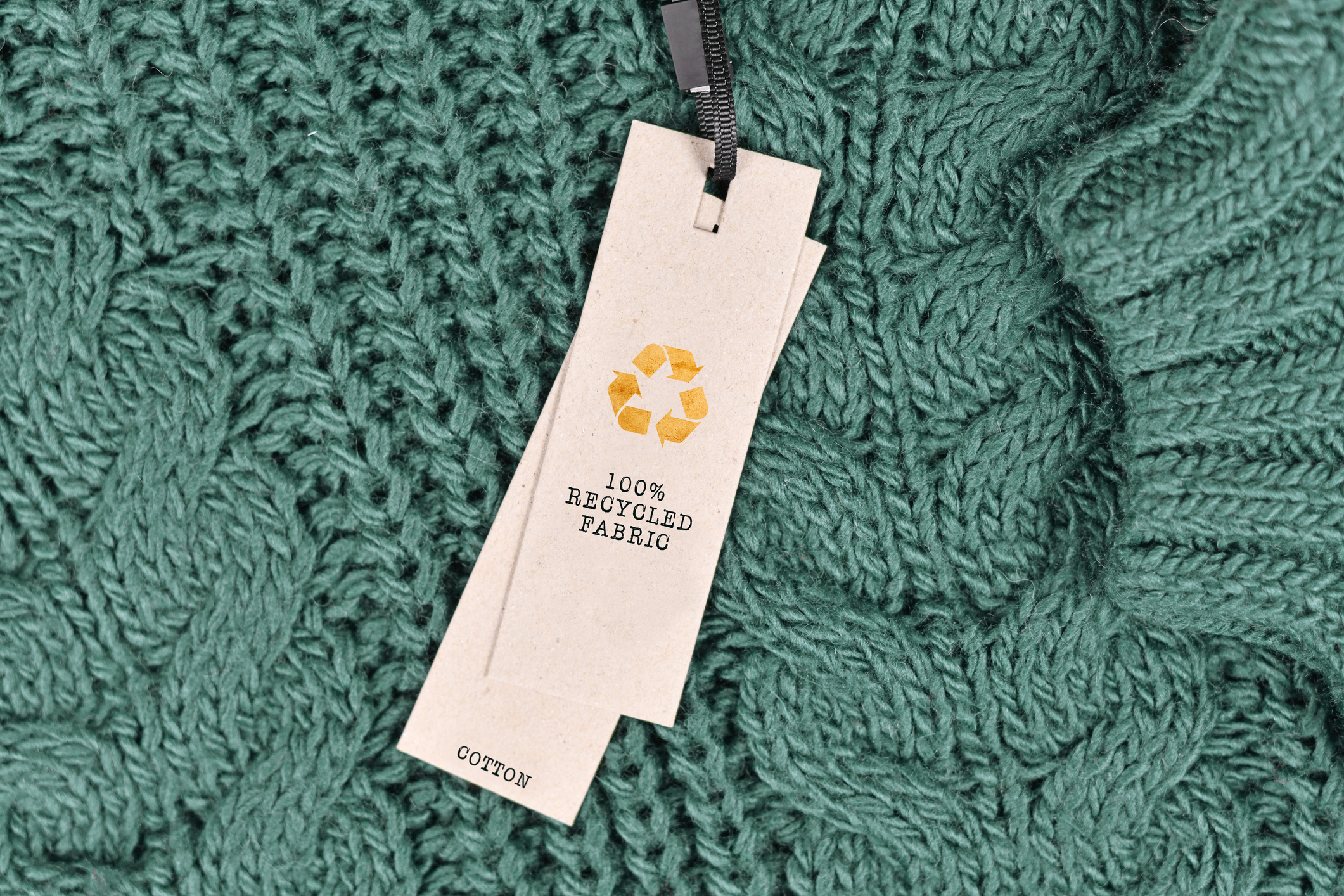Reju and Circle-8 Join Forces to Advance Large-Scale Textile Recycling Across the U.K.

According to a joint announcement, textile regeneration pioneer Reju™ and infrastructure developer Circle-8 Textile Ecosystems have entered into a strategic partnership aimed at accelerating the development of a large-scale circular textile economy in the United Kingdom.
As reported by both companies, Circle-8 will provide feedstock from post-consumer textile waste to Reju’s planned European Regeneration Hubs. This feedstock will be sourced through Circle-8’s first digitized Automated Textile Sorting and Preprocessing (ATSP) facility, which is part of a broader plan to develop a network of industrial-scale sorting hubs across the country.
Reju will then utilize the processed materials to produce its proprietary Reju Polyester™—a regenerated fiber that reportedly has a 50% lower carbon footprint than virgin polyester and can be endlessly recycled. According to Reju CEO Patrik Frisk, this partnership is a crucial step toward simplifying and scaling textile recycling.
“Working with Circle-8's growing ecosystem and ATSP enables us to elevate the efficiency of the textile recycling process, making it easier and more precise, resulting in a premium product meeting the high Reju standard for polyester,” Frisk said in a statement.
Industry estimates indicate the U.K. generates around 700,000 tonnes of non-reusable textile waste each year. The partnership seeks to address this issue by building the local infrastructure needed to process such waste and create viable fibre-to-fibre recycling pathways for brands and retailers.
Circle-8’s co-founder and CEO, Cyndi Rhoades, emphasized the shared mission behind the partnership: “Reju and Circle-8 share an unwavering commitment to unlocking true indefinite textile-to-textile recycling here in the UK and around the globe,” she said. “This partnership highlights the importance of cooperation and innovation in turning textile waste into resource.”
The collaboration also comes as regulatory pressure mounts globally to reduce textile waste and enforce circular practices. Both Reju and Circle-8 assert that scalable, automated systems are vital to meeting such policy demands and driving sustainable change within the industry.
Source: PR Newswire






